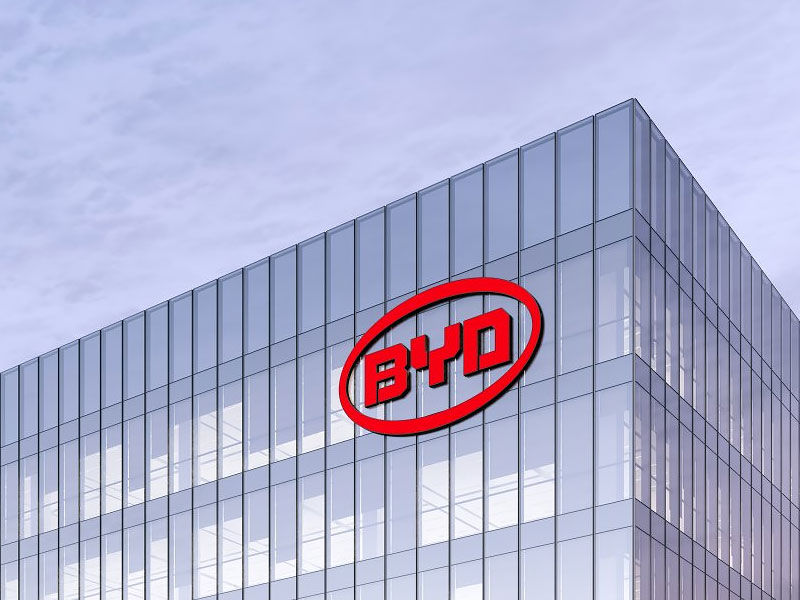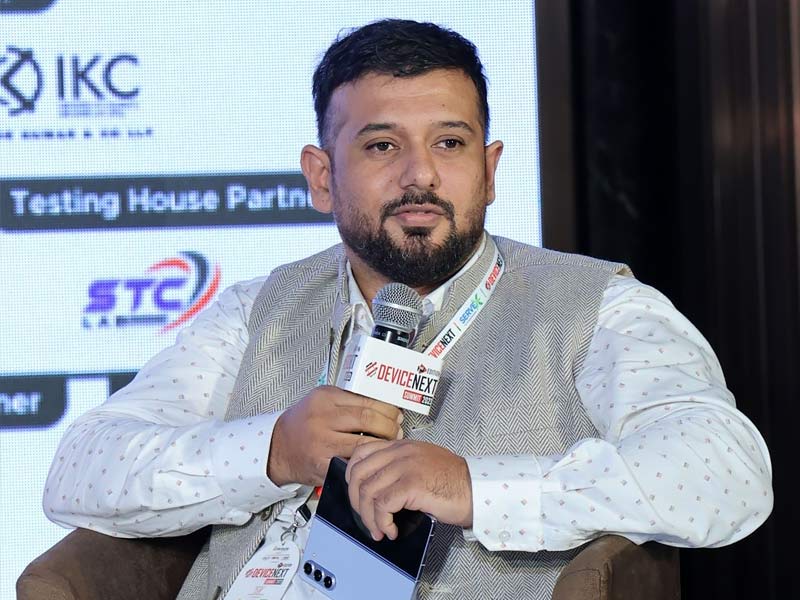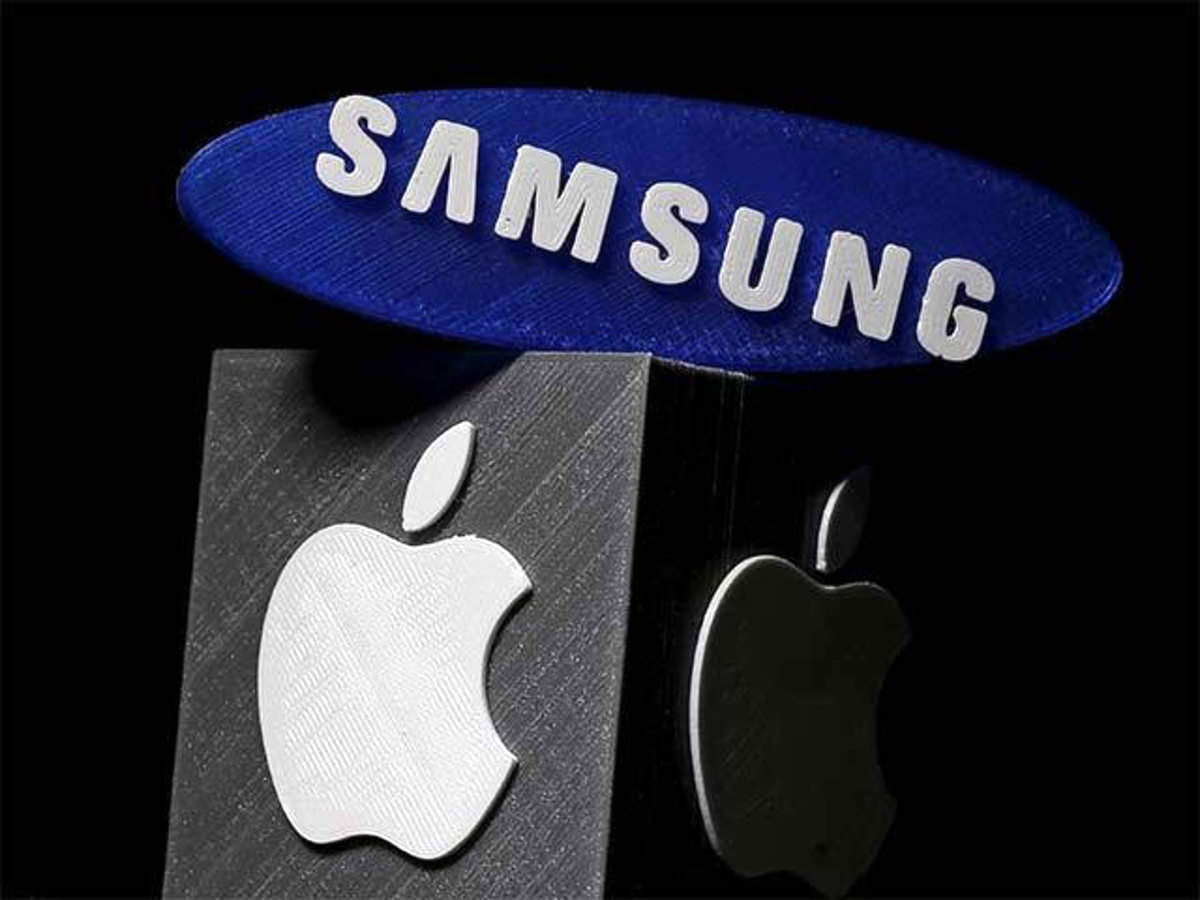Even though 40 businesses, including HP, Dell, Lenovo, and others, have filed for the updated IT Hardware production-linked incentive program, Apple and Samsung have decided to skip it for the second time.
According to sources close to these companies as well as industry analysts, the primary reason for this is India’s modest market size for laptops and personal computers.
Unlike smartphones, where India is a large market and both are participating in the PLI, the Indian market for laptops and personal computers accounts for 2.4% of world demand. Furthermore, laptops and PCs are only a minor part of these companies’ overall range.

As a result, it makes no sense for Apple to relocate its manufacturing base from China to India, or for Samsung to relocate its manufacturing base from Vietnam to India. Putting up an alternative assembly line makes no sense.
Apple’s iPads and MacBooks are contract manufactured by Chinese vendor BYD Electronic International. It sought to set up an assembly plant in India in 2021 but did not gain approval from the government since the government was blocking Chinese investment after border conflicts in 2020.
Following the establishment of an iPad and MacBook facility in Vietnam in September 2022, BYD will be unable to establish another manufacturing unit in India, even through a joint venture with an Indian partner.
iPhones contributed around $157 billion to Apple’s $294 billion turnover for the nine months ending July 1, 2023 (the business follows the September financial calendar), with Mac and iPad contributing only approximately $44 billion.
According to industry experts, it makes sense for the corporation to expand smartphone manufacturing in the country while maintaining Mac production in regions other than India.
Samsung, which manufactures on its own & does not use subcontractors, may not have participated as well because its incentive payment of roughly Rs 900 crore for FY21 is still being held up due to irregularities discovered by the government in the bills raised.

Manufacturing mostly focuses on economies of scale. It is not practical for these (Apple and Samsung) businesses to put up different manufacturing facilities but to remain with centralized production because there are not enough volumes and the market is limited, according to Faisal Kawoosa, chief analyst at Techarc.
Also, Read Dell, Lenovo, and HP among other companies make laptops in India
According to Kawoosa, it will be challenging for these businesses to match quality standards with contract manufacturers in this situation. Additionally, compared to smartphones, the market opportunity for replacement in the laptop and PC segment is smaller.
Samsung and Apple may consider partnering with PLI beneficiaries, according to Tarun Pathak, research director at Counterpoint.
Benefits from PLI 2.0 can offset 2-3% of the disabilities, according to Pathak, who discussed cost savings and preserving product quality if Apple and Samsung manufacture in India.
The target segments of the IT PLI Scheme 2.0, which has a budget of Rs 17,000 crore, include laptops, tablets, all-in-one PCs, servers, and ultra-small form factor devices. 33 domestic enterprises and 7 international companies submitted applications out of the 40 received.

Estimates from the government predict that incremental production will total Rs 4.65 trillion, including Rs 28,288 crore in exports. The incremental investment is projected to be Rs 5,010 crore based on the proposals received.
According to the government, 10 companies have chosen to begin production under PLI 2.0 on July 1, 2023, 25 companies on April 1, 2024, and 5 companies on April 1, 2025.
The government reported that the initiative has received more applications than its financial allotment of Rs 17,000 crore and that applicants’ expected PLI amounts total $22,890 crore.

























